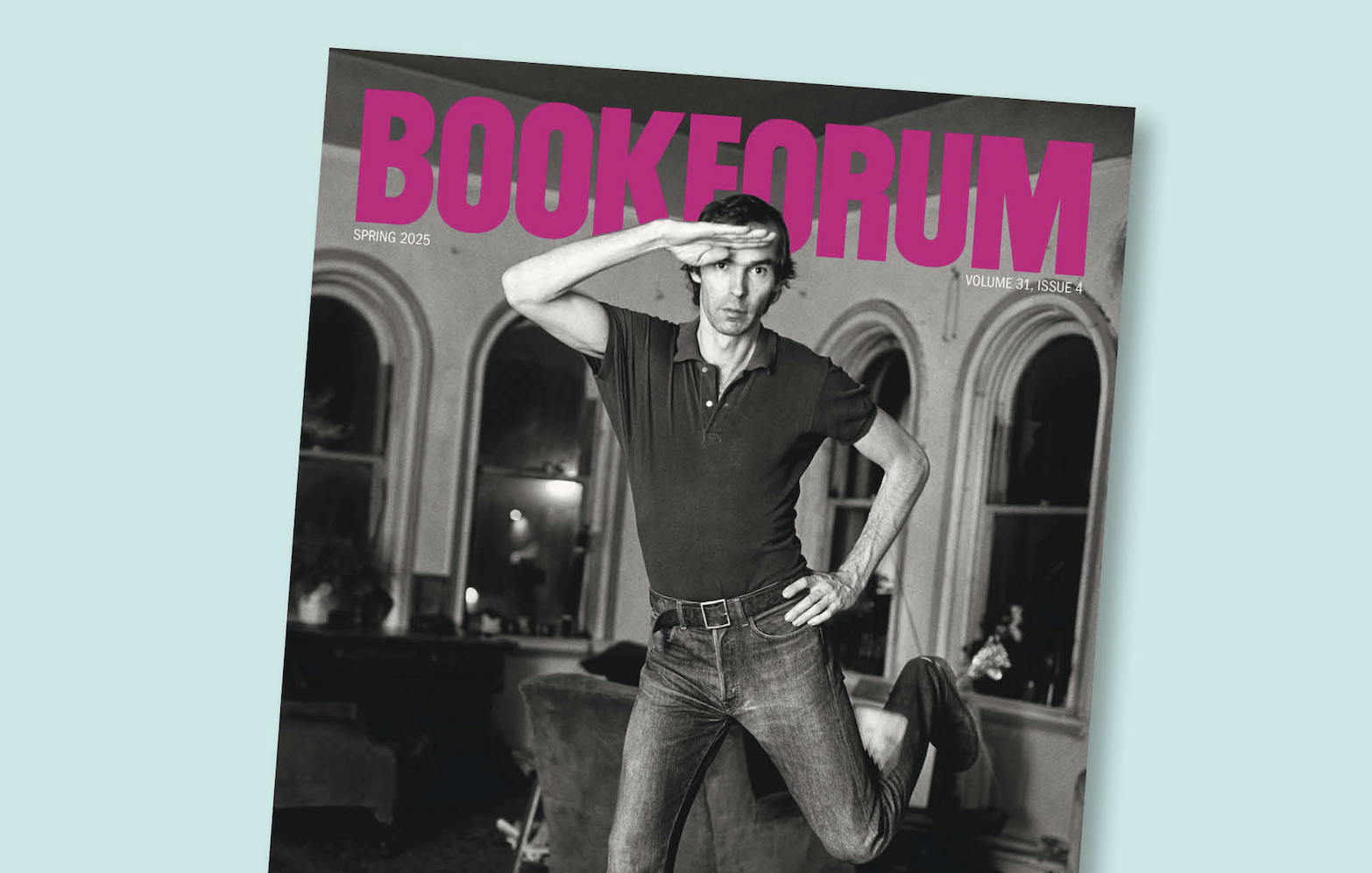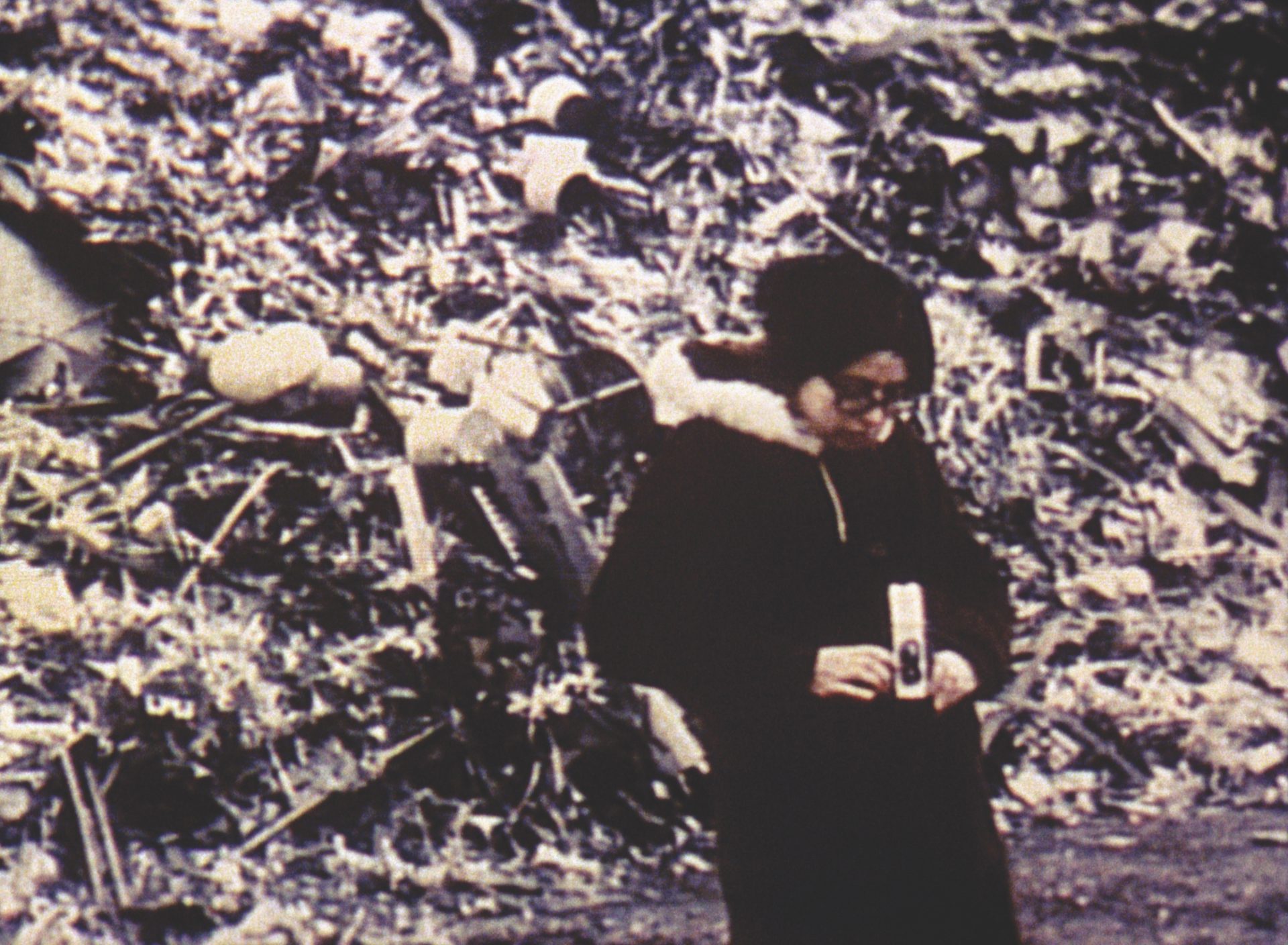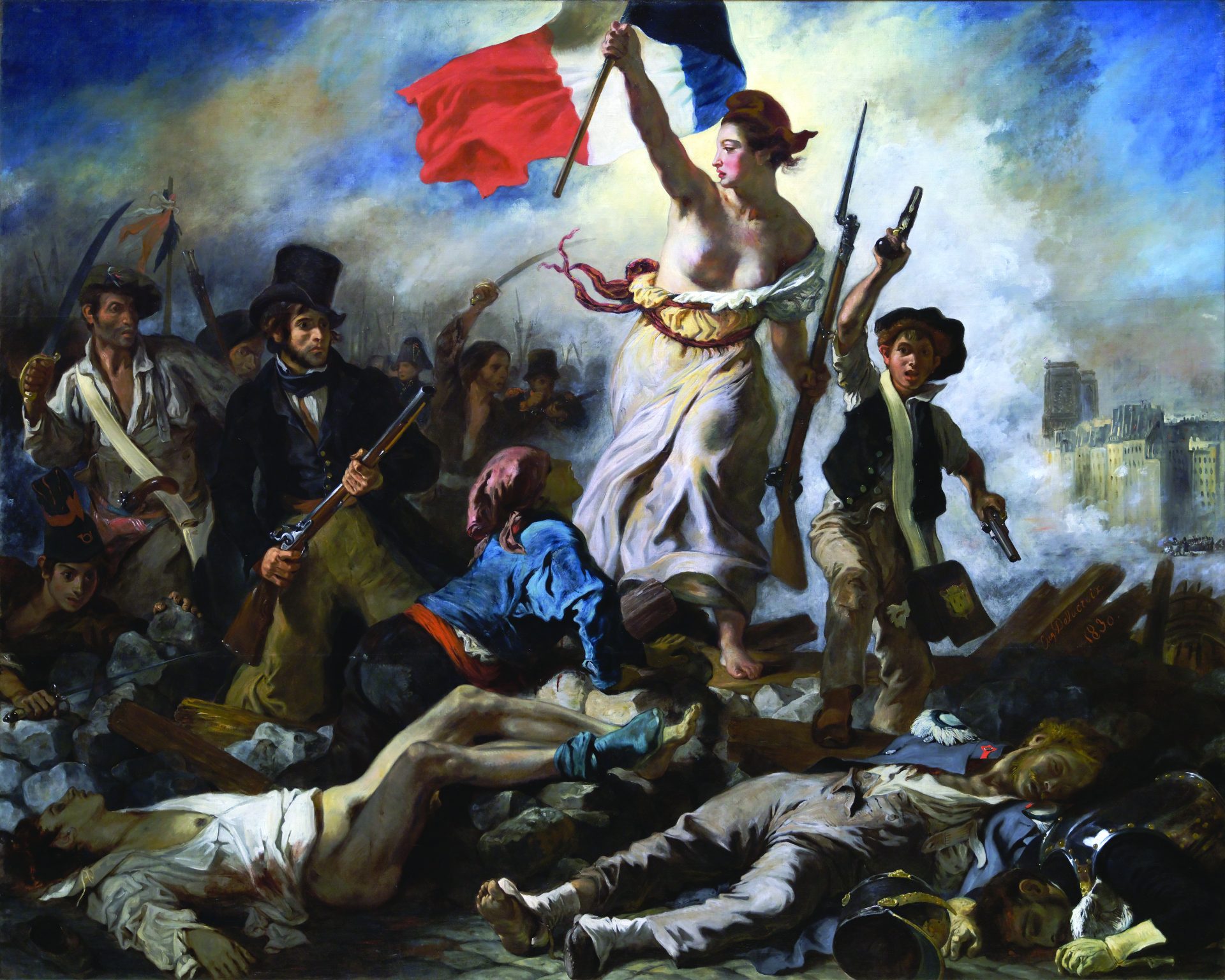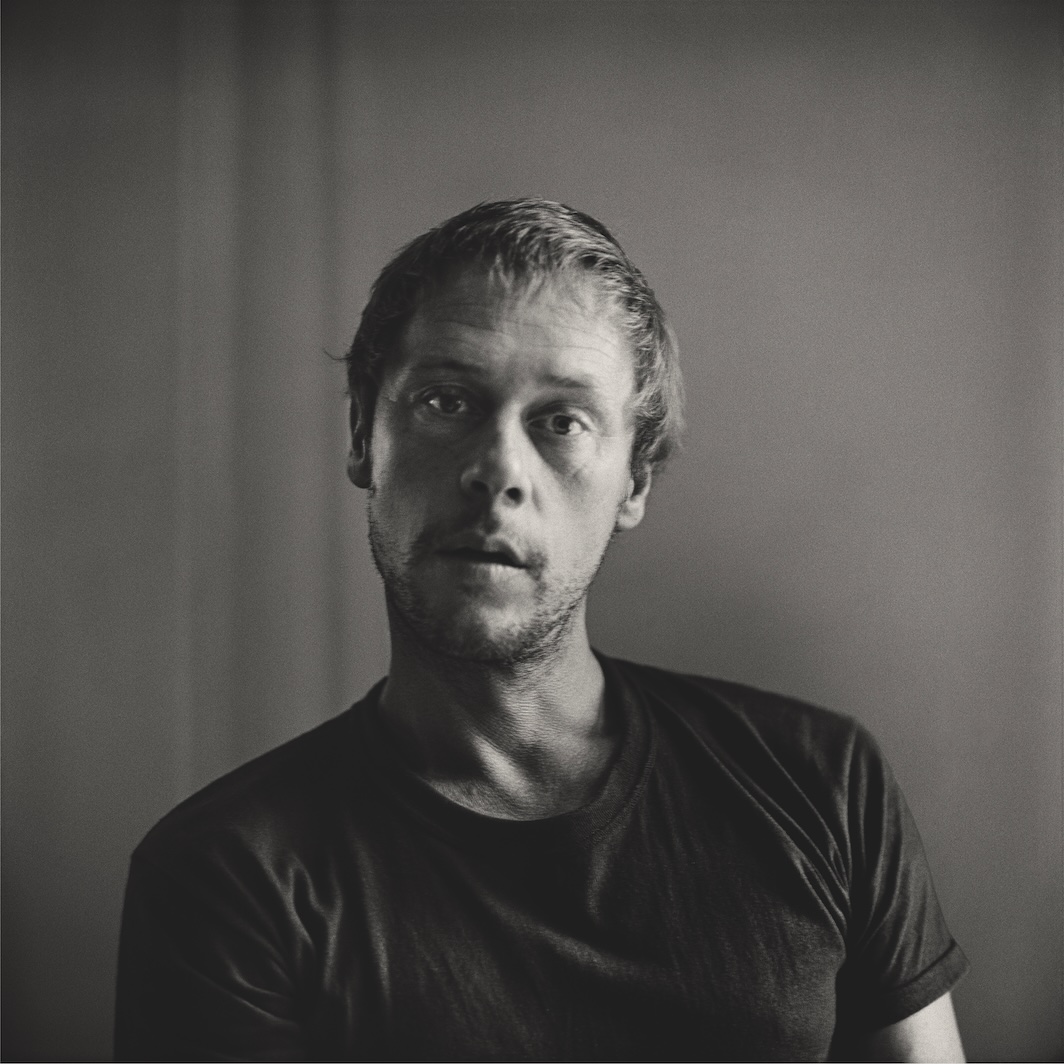
Penguin Random House’s chief executive officer, Markus Dohle, has donated $500,000 to fight book bans.
At The Cut, Allison P. Davis writes about Sean Monahan’s cultural forecasting and the idea that we’re due for a new cultural era, even if no one quite knows what it is yet: “A vibe shift is the catchy but sort of too-cool term Monahan uses for a relatively simple idea: In the culture, sometimes things change, and a once-dominant social wavelength starts to feel dated.”
For the AIGA’s Eye on Design, Alana Pockros looks at why some book-cover series –like Rachel Cusk’s Outline trilogy or the work of Philip Roth—gets a distinctive, cohesive look.
For The Nation, Jake Bittle reviews Kevin Birmingham’s The Sinner and the Saint, a recent book about the making of Dostoevsky’s Crime and Punishment. Bittle writes that the author never quite proves his assertion that Dostoevsky was inspired by the case of French murderer Pierre-Louis Lacenaire. And, that might be a good thing, as Bittle points out: “As is ever the case with the novels of Dostoevsky, the opacity of this narrative is part of the reason for its irreducible magnetism.”
The Yale Review has an excerpt from Nicole Rudick’s new book, What Is Now Known Was Once Only Imagined: An (Auto)biography of Niki de Saint Phalle, which tells the French artist’s life story through her own words. Writing to Greek artist Marina Karella, Saint Phalle observes, “I have always chosen moments of great intensity instead of durability.// My art, as my love, will be sacrificed on the infernal burning altar. Remember? Your hair turned into snakes.”
92Y in New York City has announced an in-person event in its spring program: Quan Barry and Ocean Vuong will read and discuss their work on Monday, May 2nd. The event will also be streamed online.





